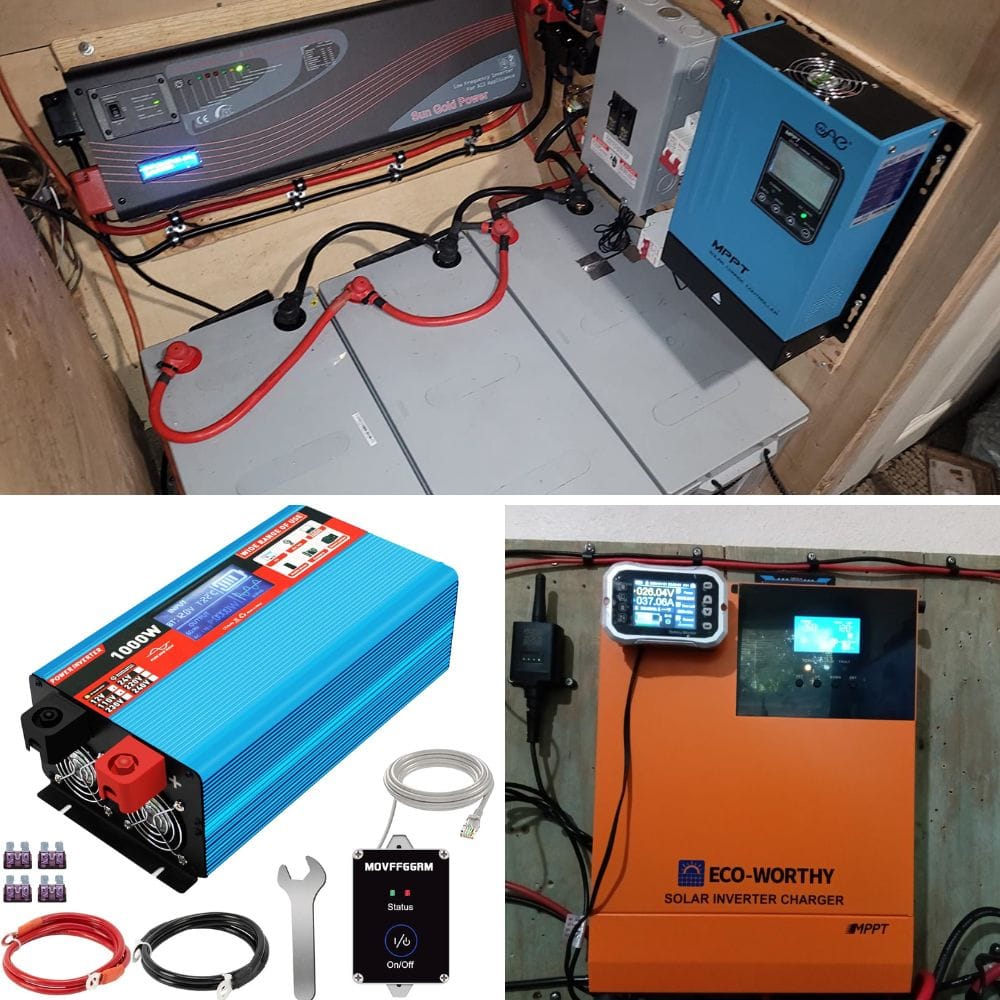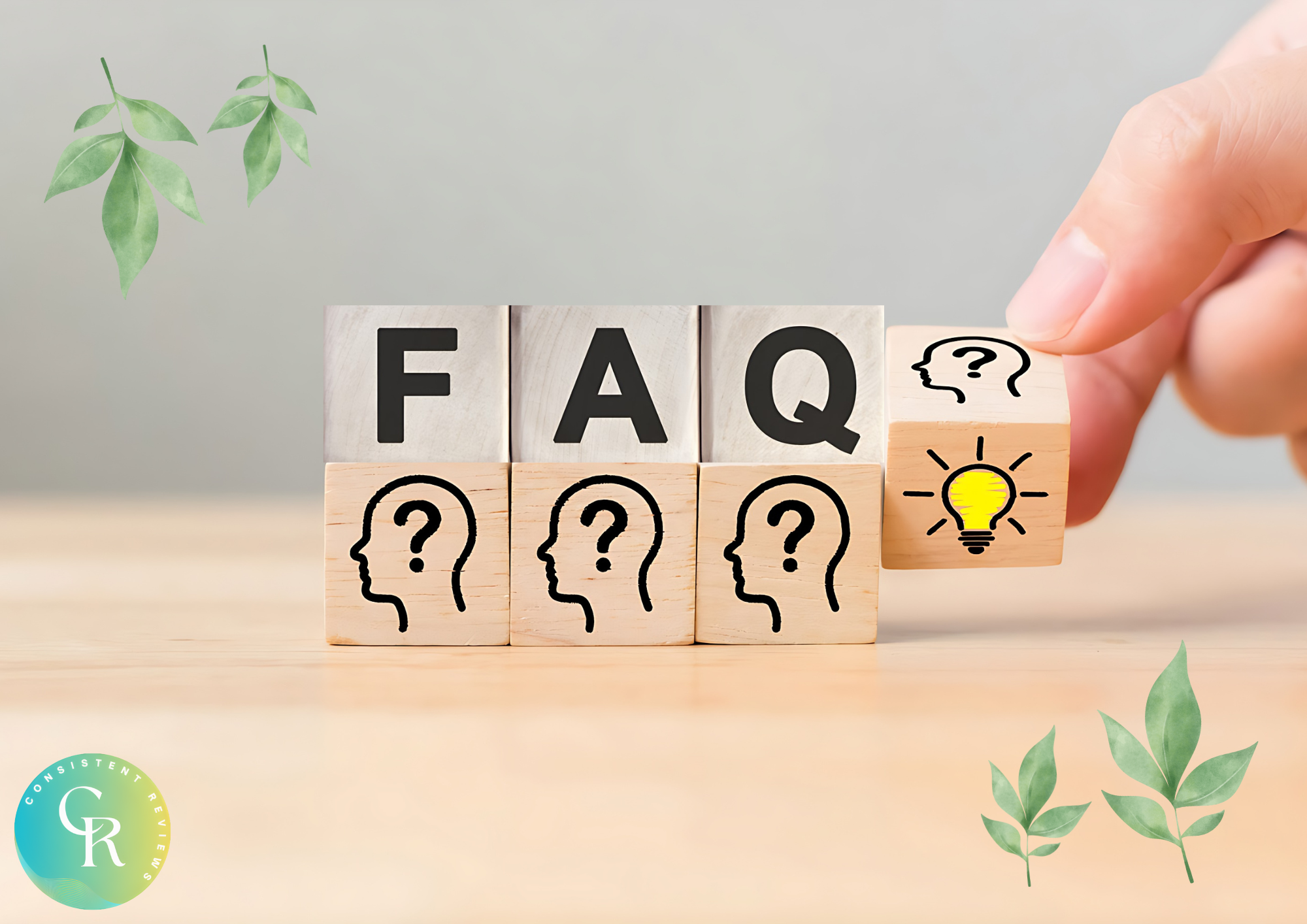Key Takeaways:
- Hybrid inverters offer seamless integration of solar and battery power, enhancing energy efficiency and independence.
- They provide backup power during grid outages, ensuring uninterrupted energy supply.
- Hybrid inverters can significantly reduce energy costs by optimizing the use of renewable energy sources.
Introduction to Hybrid Inverters
Hybrid inverters are revolutionizing the way we harness and utilize solar energy. Unlike traditional solar power inverters, hybrid inverters combine the functionalities of both solar and battery inverters, allowing for more efficient energy management. This article delves into the myriad benefits of hybrid inverters, highlighting their role in modern solar energy systems.
What is a Hybrid Inverter?
A hybrid inverter is a device that integrates solar power generation with battery storage. It transforms the DC power produced by solar panels into AC power for household appliances. Additionally, it manages the storage of excess solar power in batteries for later use.
Hybrid inverters are designed to intelligently manage power from multiple sources, including solar panels, batteries, and the power grid. This ensures that energy is used efficiently, reducing reliance on grid power and lowering electricity bills.

Seamless Integration of Solar and Battery Power
One of the primary benefits of hybrid solar inverter systems is their ability to seamlessly integrate solar and battery power. This integration allows for the efficient use of solar energy, even when the sun isn’t shining. During the day, solar panels generate electricity, which can be used immediately or stored in batteries for later use.
At night or during cloudy days, the stored energy can be used to power your home, reducing the need to draw power from the grid. This not only enhances energy independence but also ensures a continuous supply of power, even during grid outages.
Backup Power During Grid Outages
Hybrid inverters provide a reliable backup power source during a power outage. When the power grid fails, the inverter automatically switches to battery power, ensuring that essential appliances and systems remain operational. This is particularly beneficial in areas prone to frequent power outages.
Having a backup power source can provide peace of mind, knowing that your home will remain powered during emergencies. This is especially important for households with critical medical equipment or other essential devices that require a constant power supply.
Reducing Energy Costs
Hybrid inverters can significantly reduce energy costs by optimizing the use of renewable energy sources. By storing excess solar power in batteries, you can use this stored energy during peak hours when electricity rates are higher. This reduces the amount of power you need to purchase from the grid, lowering your overall energy bills.
Additionally, some hybrid inverters allow you to sell excess power back to the grid, further offsetting your energy costs. This can be a lucrative option for households with high solar energy production and low energy usage.

Enhancing Energy Efficiency
Hybrid inverters enhance energy efficiency by ensuring that solar energy is used optimally. Maximum Power Point Trackers (MPPT) within the inverter ensure that the solar panels operate at their maximum efficiency, maximizing energy production.
By intelligently managing the flow of energy between solar panels, batteries, and the grid, hybrid inverters store energy for future use, minimizing energy wastage. This results in a more efficient and sustainable energy system, reducing your carbon footprint and contributing to environmental benefits.
Simplified Energy Monitoring
Hybrid inverters often come with advanced monitoring capabilities, allowing you to track your energy production and usage in real time. This can be done through a connected smart device, providing you with valuable insights into your energy consumption patterns.
With simplified energy monitoring, you can make informed decisions about your energy usage, identifying opportunities to further reduce energy costs and improve efficiency. This level of control and visibility is a significant advantage over traditional inverters.

Easily Retrofit Battery Storage
If you already have an existing solar system, hybrid inverters can be easily retrofitted to include battery storage. This allows you to upgrade your system without the need for a complete overhaul, making it a cost-effective solution for enhancing your solar energy system.
By adding battery storage to your existing system, you can store excess energy generated during the day and use it when needed, further increasing your energy independence and reducing reliance on grid power.
Environmental Benefits
Hybrid inverters contribute to environmental benefits by promoting the use of renewable energy sources. By maximizing the use of solar energy and reducing reliance on fossil fuels, hybrid inverters help lower greenhouse gas emissions and reduce your carbon footprint.
Additionally, by storing excess solar power, hybrid inverters reduce the need for additional power generation from non-renewable sources, further contributing to a cleaner and more sustainable energy future.
Energy Independence
One of the most compelling benefits of hybrid inverters is the increased energy independence they offer. By generating and storing your solar energy, you can reduce your reliance on the power grid and become more self-sufficient.
This energy independence can provide a sense of security, knowing that you have a reliable and sustainable energy source that is not subject to fluctuations in grid power availability or electricity prices.

Solar Battery Charging
Hybrid inverters are designed to efficiently manage solar battery charging, ensuring that your batteries are charged optimally and safely. This extends the lifespan of your batteries and ensures that they are always ready to provide backup power when needed.
Efficient solar battery charging also maximizes the use of stored energy, reducing the need to draw power from the grid and lowering your energy costs.
Providing Backup Power
In addition to providing backup power during grid outages, hybrid inverters can also supply power during periods of high demand. This ensures that your home remains powered even when energy usage spikes, preventing disruptions and maintaining comfort.
By providing backup power, hybrid inverters offer a reliable and resilient energy solution that can adapt to changing energy needs and ensure a continuous supply of power.
Energy Storage System
Hybrid inverters are a key component of an energy storage system, allowing you to store excess solar energy for later use. This stored energy can be used during periods of low solar production or high energy demand, ensuring that you always have access to a reliable power source.
An energy storage system can also provide additional benefits, such as reducing peak demand charges and improving grid stability by smoothing out fluctuations in energy production and consumption.
Energy Efficiency
Hybrid inverters enhance energy efficiency by ensuring that solar energy is used optimally. Maximum Power Point Trackers (MPPT) within the inverter ensure that the solar panels operate at their maximum efficiency, maximizing energy production.
By intelligently managing the energy flow among solar panels, batteries, and the grid, hybrid inverters minimize energy waste. This results in a more efficient and sustainable energy system, reducing your carbon footprint and contributing to environmental benefits.

Simplified Energy Monitoring
Hybrid inverters often come with advanced monitoring capabilities, allowing you to track your energy production and usage in real time. This can be done through a connected smart device, providing you with valuable insights into your energy consumption patterns.
With simplified energy monitoring, you can make informed decisions about your energy usage, identifying opportunities to further reduce energy costs and improve efficiency. This level of control and visibility is a significant advantage over traditional inverters.
Environmental Benefits
Hybrid inverters contribute to environmental benefits by promoting the use of renewable energy sources. By maximizing the use of solar energy and reducing reliance on fossil fuels, hybrid inverters help lower greenhouse gas emissions and reduce your carbon footprint.
Additionally, by storing excess solar power, hybrid inverters reduce the need for additional power generation from non-renewable sources, further contributing to a cleaner and more sustainable energy future.
Energy Independence
One of the most compelling benefits of hybrid inverters is the increased energy independence they offer. By generating and storing your solar energy, you can reduce your reliance on the power grid and become more self-sufficient.
This energy independence can provide a sense of security, knowing that you have a reliable and sustainable energy source that is not subject to fluctuations in grid power availability or electricity prices.


What is the main advantage of a hybrid inverter over a traditional inverter?
The main advantage of hybrid solar inverters is their ability to integrate solar and battery power, allowing for more efficient energy management and providing backup power during grid outages.
Can I retrofit a hybrid inverter to my existing solar system?
Yes, hybrid inverters can be easily retrofitted to existing solar systems, allowing you to add battery storage and enhance your energy independence without the need for a complete system overhaul.
How do hybrid inverters help reduce energy costs?
Hybrid inverters help reduce energy costs by optimizing the use of renewable energy sources, storing excess solar power in batteries for later use, and allowing you to sell excess energy back to the grid.

Hybrid inverters offer a multitude of benefits, from seamless integration of solar and battery power to providing backup power during grid outages. They enhance energy efficiency, reduce energy costs, and contribute to environmental benefits by promoting the use of renewable energy sources. With advanced monitoring capabilities and the ability to retrofit existing solar systems, hybrid inverters are a versatile and cost-effective solution for modern energy needs.










